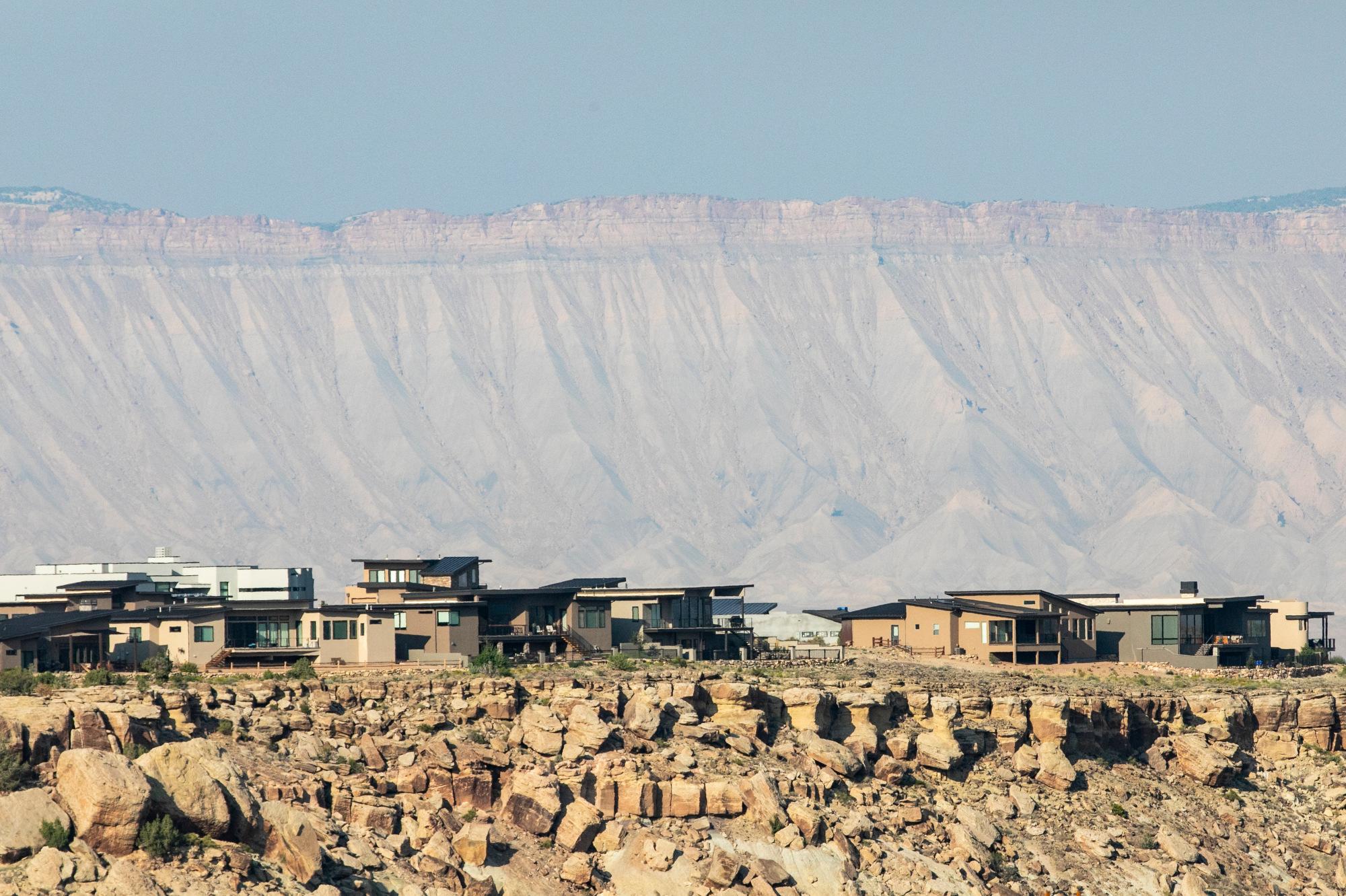
A Grand Junction shelter focused on older women experiencing homelessness is expanding in what the program’s director said demonstrates the growing challenges for older adults struggling with housing.
The Golden Girls program is a product of the Joseph Center, a Grand Junction nonprofit that works with homeless families with children.
In 2023, the Grand Junction City Council approved a grant of nearly $1 million to help fund an expansion of those services. Nicki Tarr, who runs Golden Girls, said the need for emergency housing for unhoused senior women “has just gotten worse.”
The driving factors? Chronic health issues like cancer, the lack of affordable housing and family disputes
“(Last year) we had 50 ladies apply. We had eight successfully, permanently housed, two of which were oncology patients. Twelve were on the waitlist, three of which were oncology patients. And 24 women were unreachable,” Tarr said.
Oncology patients are not uncommon in the program, Tarr said. Older Coloradans experiencing homelessness can also be dealing with chronic medical conditions like cancer. The Golden Girls program works to make sure they’re housed and getting access to treatment.
Tarr said her last oncology patient to transition into permanent housing ended up at the program because they were thrust into Colorado’s notoriously difficult rental market.
“This woman lived for 25 years on her own, and then her apartment got bought out and she was asked to leave,” Tarr said. “So it took us just under a year but we finally were able to get her on long-term care and we got her into an assisted living (facility) and she's still there and she's doing wonderfully and her diagnosis is getting better and better.”
Seniors struggling with housing often have stories similar to other residents.
Rent increases and property management turnover are common sources of housing instability. But, Tarr said, seniors often struggle with other pressures, like the death of a spouse or legal and estate planning mistakes that can push women out of their homes.
A variety of factors, including family dispute, led Kim Mills to stay at the Joseph Center.
“I just was spinning in a hole and I had taken the seats out of my car. I had been eyeballing places to live safely and going, ‘this is not the path to get to where I want to be,’” Mills said. “This is like a desperation measure to be scoping out places safe in the woods.”
While there are other services offered, finding housing is the biggest need
Mills said the Joseph Center’s Golden Girls program provides not only housing, but a place for women to collect themselves and improve.
The expansion of the program will allow the Golden Girls program to move from serving eight women up to 15, Tarr said.
Emilee Powell, executive director with the Housing Resources of Western Colorado, said older Coloradans see the pressures of the housing market from a different lens. With fewer small homes available, Coloradans have a difficult time downsizing, which can keep them in houses that no longer fit their needs.
“We see a lot of seniors who need either adaptability improvements so they can stay in the home or they just need to do basic repairs to a home and they don't have the money for it,” Powell said.
Housing Resources of Western Colorado has programs to help with those types of improvement, as well as other means of keeping seniors in their homes. But Powell said the area of biggest need is helping people who have lost their housing.
“Right now we have sources of emergency rental assistance, emergency mortgage assistance,” Powell said. “The weakest spot though is if somebody has lost their home and they need help getting rental assistance for a new place, that's where we lack enough resources.”
Jason Colunga, director of housing counseling and education, added that the strength of existing programs lies in prevention, but that also means it puts the onus on Coloradans to connect with housing resources early to avoid the worst outcomes.
“The sooner we can get people in, the better,” he said.
Editor's Note: This article was updated to correct the spelling of Housing Resources of Western Colorado Executive Director Emilee Powell's name.
This story is a part of Aging Matters, a series from Colorado Matters about the Centennial State's aging population. Read more stories here.









